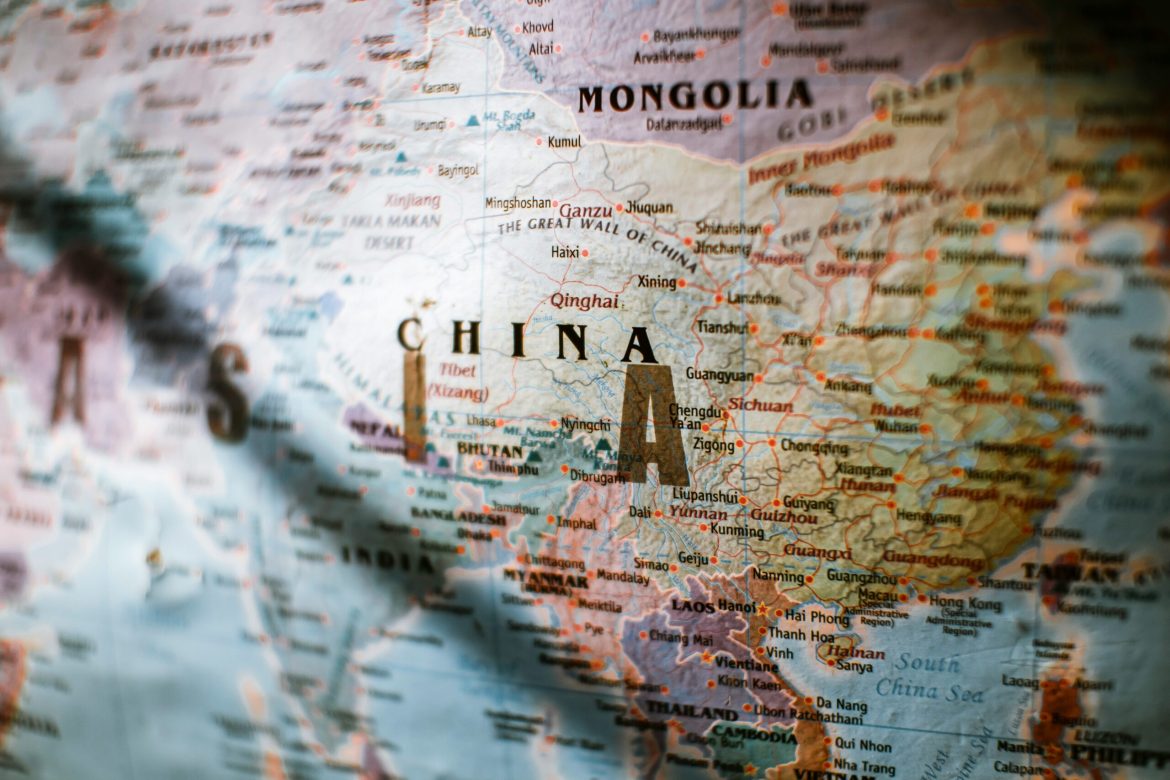As President Trump intensifies his use of tariffs in an effort to correct trade imbalances, Asia has emerged as a primary target.
While China remains the main focus, other Asian nations—including Japan, South Korea, Taiwan, and India—are also in Trump’s crosshairs due to their sizeable trade surpluses with the United States.
From Japanese and South Korean automobiles to Taiwanese semiconductors and Indian pharmaceuticals, many of Asia’s top exports face higher duties under Trump’s trade policies.
The region, which has long relied on the global economy, is now experiencing a significant disruption to its supply chains as businesses seek alternatives.
In a New York Times report, trade experts warn that these moves could lead to a wave of protectionism, with countries responding by imposing tariffs of their own.
The uncertainty is already reshaping trade alliances, potentially reducing the influence of the US in Asia.
How tariffs are likely to impact Asia
Since returning to office, Trump has implemented a 10% tariff on imports from China and signaled his intent to expand duties across multiple sectors, including automobiles, semiconductors, steel, pharmaceuticals, and lumber.
He has also raised the possibility of imposing “reciprocal tariffs,” which would tax goods from specific countries based on factors like currency policies and domestic subsidies.
Economists warn that these tariffs could have severe consequences.
According to Morgan Stanley, Trump’s proposed import taxes would affect a quarter of Asia’s total exports.
Moody’s forecasts that economic growth in the region will slow to 3.7% this year, down from 4% last year.
“There is a risk that the US really overplays its leverage,” said Simon Evenett, a professor at IMD Business School in Switzerland.
“The US market is still the biggest in the world, but proportionally it is lower than it was 20 years ago.”
How Asia is responding to Trump’s tariff threat
Faced with the risk of reduced access to the US market, several Asian countries are adjusting their trade policies in an effort to ease tensions.
Vietnam has proposed increasing imports of American agricultural products, including soybeans.
India has lowered tariffs on bourbon, while South Korea has pledged $249.3 billion in trade financing to support its exporters.
However, these measures may not be enough to prevent broader economic damage.
The US has placed multiple Asian nations—including China, Japan, South Korea, Singapore, Taiwan, and Vietnam—on a currency watchlist, alleging that they manipulate exchange rates to gain trade advantages.
Southeast Asian nations are also grappling with an influx of Chinese goods, which have been redirected from the US market due to American tariffs.
Thailand, Indonesia, and other countries have seen local industries struggle to compete with lower-priced Chinese imports, prompting some governments to consider their own tariffs.
“Now we have the biggest rival in our backyard, and we have to worry about what reciprocal measures are coming from the United States,” said Priyanka Kishore, founder of Singapore-based consulting firm Asia Decoded.
Winners and losers in a shifting trade landscape
While Trump’s trade policies have disrupted supply chains, they have also created new opportunities for some nations.
Countries like Vietnam, Malaysia, and Thailand, which have signed multiple trade agreements, are attracting Chinese manufacturers looking to establish production bases outside of China.
Chinese companies setting up operations in these countries are not necessarily bypassing US tariffs, according to trade experts.
“If a Chinese producer simply relabels goods in Vietnam to avoid tariffs, that is blatant trade rule circumvention,” said Manu Bhaskaran, a partner at Centennial Group, a Singapore-based policy advisory firm.
“But if a Chinese company sets up a factory in Vietnam and sources materials locally, that is a legitimate investment.”
Meanwhile, new economic trade zones are emerging as businesses adapt to changing conditions.
A recent agreement between Singapore and Malaysia has attracted both American and Chinese firms seeking an alternative to China-based manufacturing.
However, if more countries adopt protectionist measures similar to Trump’s, the global trading system could become even more fragmented.
The future of Asia’s trade alliances
As US trade policies continue to evolve, Asian nations are re-evaluating their economic strategies.
Some experts believe that regional cooperation could provide a buffer against Washington’s aggressive stance on tariffs.
“In Asia, we’re seeing supply chains becoming more regional,” said Albert Park, chief economist for the Asian Development Bank in Manila.
“If countries in the region stay open to trade and investment among themselves, that provides a measure of protection against US tariffs.”
With Asia’s share of the global economy expanding, companies may shift their focus to serving growing regional markets rather than relying on US demand.
“You may just see more investments catering to these markets because they’re more stable,” Park added.
While Trump’s tariffs are reshaping global trade, they may also accelerate Asia’s shift toward self-reliance—potentially diminishing America’s influence in the region in the long run.
The post How Trump’s tariffs could reshape Asian trade and diminish US influence appeared first on Invezz

